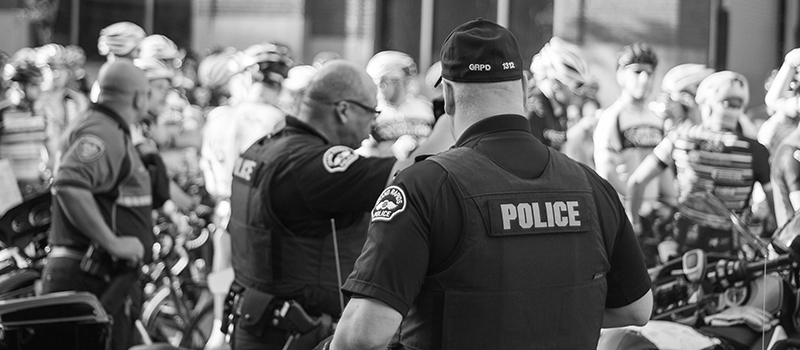Are you emotionally trained for your job?
Skills such as empathy and conflict resolution play significant roles in the work of public servants, but these soft skills are not always part of professional training. Soft skills are defined as largely intangible but critical skills that touch on empathy, active listening, conflict resolution and constructive feedback — they make for stronger public servants and are crucial for their career development.
The law enforcement field has once again come under the spotlight as their training largely excludes soft skills. A lack of empathy training or awareness can lead to a breakdown in communication and can make the difference between a positive and negative encounter.
Take conflict resolution, a beneficial skill in work and personal life that can be developed through training. Police officers are regularly tasked with handling conflict situations, and their conflict resolution training, or lack of, can make the difference between peacefully ending a situation or escalating it.
Cornerstone, a talent management software provider, offers a sample of free training courses on crucial soft skills for law enforcement. The courses cover topics such as teaching listeners how to practice critical thinking skills, work out their biases, engage in active listening and more.
Cornerstone’s Content Anytime Subscription offers targeted content focused on addressing talent shortages and providing staff with the critical skills necessary to successfully serve their communities and the nation’s health, safety, and wellness. The courses are meant to help listeners develop the soft skills to become stronger communicators and teammates, work remotely, embrace agility and change and be inclusive and eliminate bias .
One of those courses, “Managing conflict with skill and confidence,” offers listeners guidance to understand why conflicts arise and how to resolve disagreements with confidence at work and in life.
The course opens with the idea of conflicts in daily life and why conflict management is so important. In all human relationships, conflict is unavoidable and its consequences in the workplace are monumental. Learning to deal with conflict effectively does not correlate to liking conflict or attracting it. In fact, people who manage conflict well are usually in fewer conflicts.
Humans are natural conflict resolvers, meaning we already understand how to manage it, work around it or avoid it. What we remember most is when conflicts go wrong and develops into arguments. The course takes what humans naturally already know about conflict management and teaches how listeners how to become proficient at it, how to structure it, when and how to use the skills, and when not to.
Like other soft skills, learning conflict resolution is about becoming a better person and taking an active role in your career development. To start upskilling and reskilling your police force with more soft skills, check out Cornerstone’s courses here.
